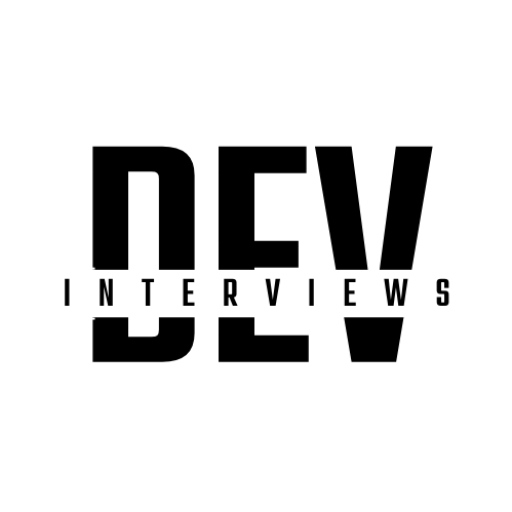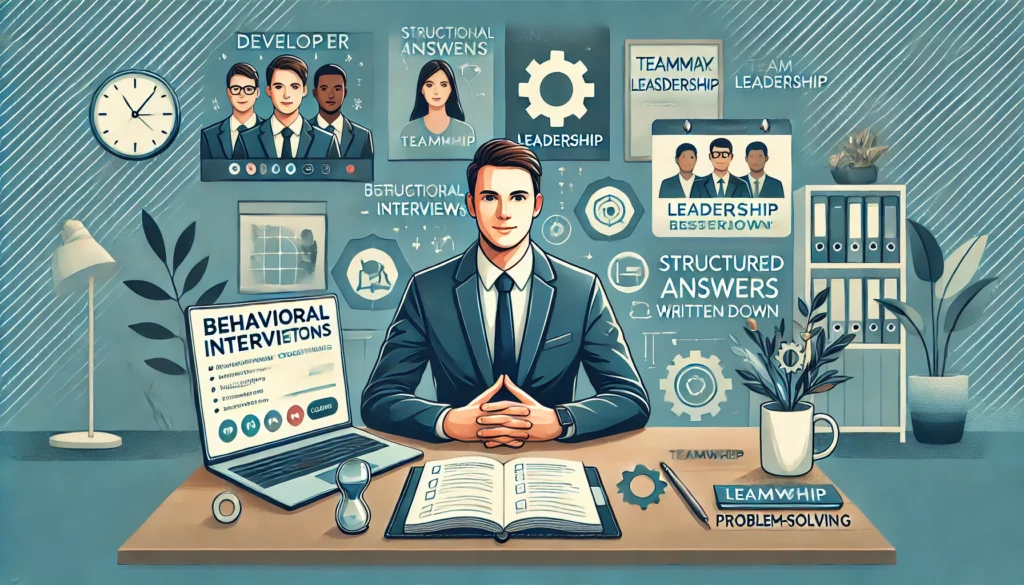When preparing for a developer interview, it’s essential to be ready for both technical and behavioral questions. Companies are not only looking for candidates with solid coding skills but also for those who can communicate effectively, work well in a team, and solve problems under pressure. Below is an overview of the most frequent questions developers can expect during interviews, along with tips on how to answer them.
1. Technical Questions
Technical questions in developer interviews are designed to test your problem-solving abilities, coding proficiency, and understanding of algorithms, data structures, and system design. Here are some of the most common technical questions you may encounter:
1.1 Data Structures and Algorithms
- What is the difference between an array and a linked list?
Interviewers use this question to assess your understanding of basic data structures. Arrays offer faster access to elements, while linked lists are more dynamic with easier insertion and deletion. Be prepared to explain their time complexity and use cases.
- Explain how a binary search works.
Binary search is a fundamental algorithm used to efficiently search sorted arrays. Walk through the steps of the algorithm and discuss its O(log n) time complexity.
- How would you reverse a linked list?
This is a common coding challenge that tests your ability to manipulate data structures. Be ready to write the code and explain your logic clearly.
- What are hash tables, and how do they work?
Hash tables are essential for efficient lookups. Explain the concept of key-value pairs, hashing functions, and how to handle collisions.
1.2 System Design
- Design a URL shortening service like bit.ly.
This question evaluates your ability to think about high-level design. Discuss topics such as database schema, API endpoints, load balancing, and handling traffic scaling.
- How would you design a scalable system to handle millions of users?
You’ll need to discuss scalability strategies like horizontal scaling, load balancing, database sharding, and caching.
1.3 Coding Challenges
- Solve a coding challenge using a given language (e.g., finding the nth Fibonacci number).
Be prepared to write code in front of the interviewer or on a whiteboard. Clearly explain your approach, time complexity, and any edge cases.
- How would you detect a cycle in a graph?
This is another problem that can be solved using algorithms like depth-first search (DFS) or breadth-first search (BFS). Explain your choice of algorithm and its efficiency.
2. Behavioral Questions
While technical skills are crucial, employers also assess your soft skills through behavioral questions. These questions help them understand how you work under pressure, collaborate with teammates, and solve problems in real-world situations.
2.1 Teamwork and Collaboration
- Tell me about a time when you worked on a challenging project with a team.
Use the STAR (Situation, Task, Action, Result) method to structure your answer. Focus on how you communicated with your team, divided tasks, and solved challenges together.
- How do you handle disagreements with teammates?
The interviewer is looking for your conflict resolution skills. Discuss a real situation where you navigated a disagreement professionally and found a solution that benefited the project.
2.2 Problem-Solving and Adaptability
- Describe a situation where you faced a significant technical problem. How did you solve it?
Be specific and outline your problem-solving process. Highlight how you identified the issue, evaluated potential solutions, and implemented the most effective one.
- How do you stay current with new technologies and trends?
This question evaluates your willingness to learn. Discuss the resources you use, such as online courses, blogs, and conferences, and mention any recent technologies you’ve learned or applied.
2.3 Time Management and Prioritization
- How do you prioritize tasks when working under tight deadlines?
Provide a real example that shows how you manage time and prioritize effectively. Mention tools like task management systems (e.g., Jira, Trello) and how you balance long-term goals with urgent tasks.
- Have you ever missed a deadline? What happened, and how did you handle it?
Honesty is important here. If you’ve missed a deadline, explain the situation, what you learned, and what changes you made to prevent it from happening again.
2.4 Leadership and Initiative
- Can you give an example of when you took the lead on a project?
Even if you haven’t been in a formal leadership role, focus on situations where you demonstrated initiative, perhaps by suggesting improvements or taking responsibility for a project’s success.
- How do you mentor junior developers or contribute to your team’s growth?
Companies value employees who support their colleagues. Discuss how you’ve shared knowledge, conducted code reviews, or helped onboard new team members.
3. Cultural Fit and Motivation
Many interviewers will also ask questions that help them determine if you align with the company’s values and culture.
- Why do you want to work here?
Research the company before your interview. Explain how your skills and career goals align with the company’s mission, values, and projects.
- What motivates you as a developer?
Be authentic and highlight what drives you, whether it’s solving complex problems, continuous learning, or contributing to meaningful projects.
- Where do you see yourself in five years?
This is an opportunity to show that you have long-term goals. Align your aspirations with the company’s growth and explain how the role fits into your career path.
Conclusion
Preparing for a developer interview involves more than brushing up on technical skills. While coding challenges and system design are crucial, companies also want to assess your ability to work with others, solve problems creatively, and fit into their culture. By practicing answers to both technical and behavioral questions, you’ll be well-prepared to tackle any interview with confidence.
Make sure to practice coding problems, review fundamental concepts in computer science, and prepare thoughtful answers to behavioral questions to stand out as a well-rounded candidate.”



